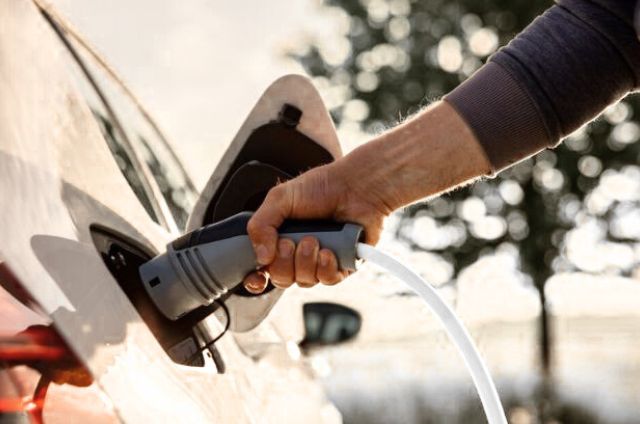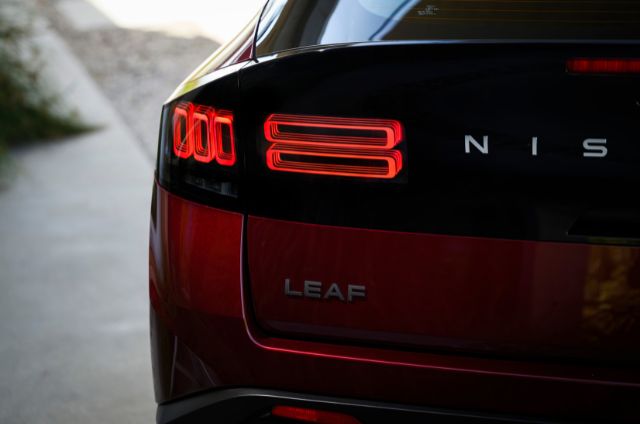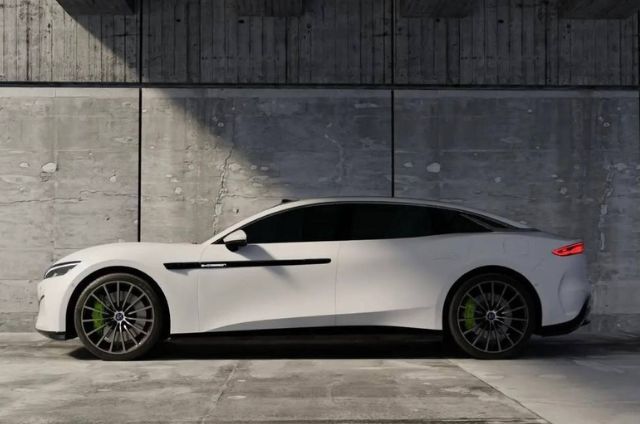The EV Conversation Is Shifting
For years, EV success was measured in kilometers. More range meant more confidence. But that mindset is starting to shift.
Most modern EVs already offer 300–500 km of range—enough for typical daily commutes and even long weekend drives. And yet, the real bottleneck for many drivers isn’t range. It’s how long they have to wait when the battery runs low.
The 5-Minute Promise
Several global battery leaders are working on ultra-fast charging breakthroughs. Companies like CATL, StoreDot, and GAC are developing battery systems capable of accepting a full charge—or close to it—in just 5 to 10 minutes.
These technologies use advanced battery chemistries and high-powered charging stations (up to 1,000 kW) to dramatically reduce wait times. It’s not about building the biggest battery—it’s about making the most of a short stop.
Smaller Batteries, Bigger Impact
Shorter charging times don’t just save you time—they could change how EVs are built.
If cars can recharge in minutes, they may not need to carry massive batteries anymore. That means lighter vehicles, lower prices, and better efficiency. Less strain on raw materials like lithium, too.
Infrastructure Overload Becomes Opportunity
As ultra-fast chargers roll out globally, they could turn highways, workplaces, and convenience stores into efficient, high-volume charging hubs.
The experience becomes seamless: pull in, plug in, drive out—as fast as a gas stop.
The Revolution Isn’t in Range—It’s in Time
This shift will make EVs more accessible, especially for those without home charging. It can also ease demand on battery supply chains and reduce costs across the board.
When charging takes minutes instead of hours, everything about EV ownership changes. It’s not just innovation—it’s liberation.
The real EV revolution won’t be how far you go—but how fast you’re ready to go again.



